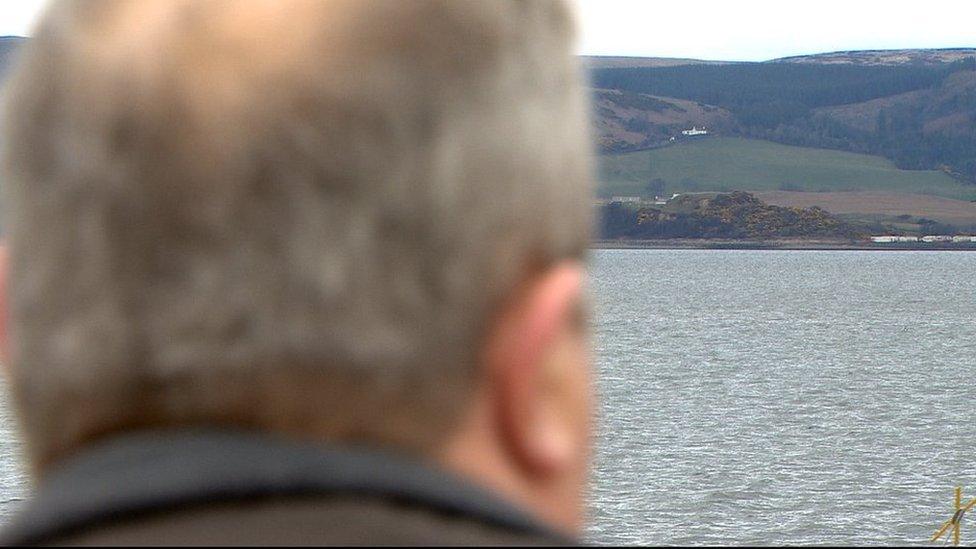What would change with a new child abuse law?
- Published

A bill which would lead to a significant change in the law for victims of historical child abuse is being drawn up by the Scottish government.
It would scrap the three year limit for bringing civil claims for sexual, physical or mental abuse suffered as a child.
And it means cases from as long ago as 1964 could eventually be heard in court.
But what does this change mean for the victims of child abuse - as well as for some of the organisations which could soon have to defend themselves in court?
The victim
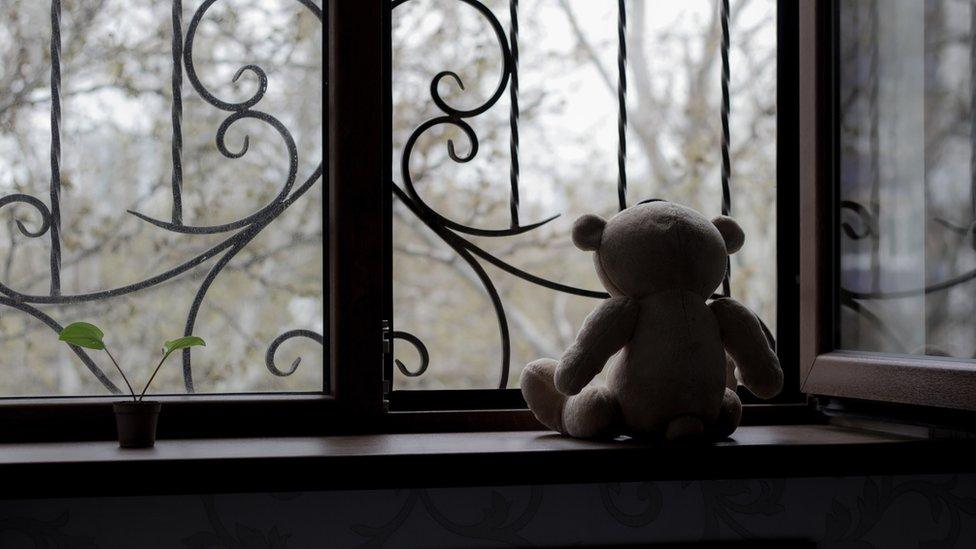
Yvonne was abused in the 1960s, between the ages of two and 12 when she was in care.
"I was physically abused, mentally, emotionally," she said. "Sexual abuse did happen but it wasn't actually in the care system.
"It was when I went out at the weekend with families."
She didn't realise what had happened until much, much later.
"It took me a long time. I knew it was wrong being sexually abused, but the beatings I had taken, I didn't think that was wrong.
"I just thought that was life."
Soon people like Yvonne could have the opportunity to pursue damages through the civil courts.
The Scottish government has had the Limitation (Childhood Abuse) Bill on the horizon for some time but it is now officially included in its programme for government this year.
Once law, it will mean radical change over how claims for child sexual, physical or psychological abuse can be pursued through the civil courts.
Currently there's a three year time limit for bringing a case but that is to be scrapped, with cases dating from 26 September 1964 to be allowed for consideration.
The support charity
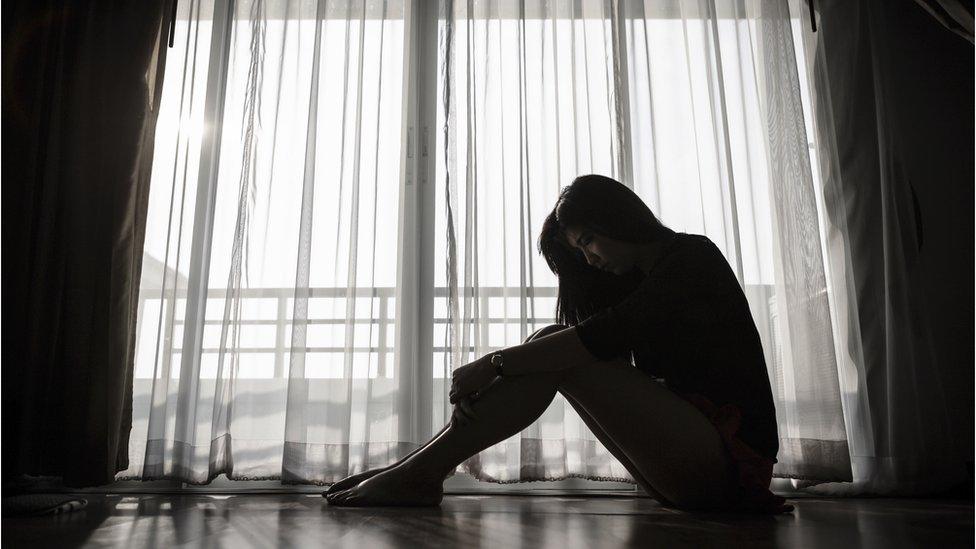
For organisations which work with the consequences of abuse such as the NSPCC, the change is something they have long campaigned for.
Joanna Barrett, of NSPCC Scotland, said there are good reasons to lift the three-year time bar.
"Childhood abuse has a devastating impact on children and it takes a long time for children to disclose that abuse has happened to them," she said.
"It might be they don't realise that their experience has been abusive, or they might be fearful of not being believed.
"We did a piece of research with 60 adults and it took an average of eight years to tell someone about it."
The potential defenders
It's estimated that around £1.5m was paid out by local authorities in Scotland over the past decade, a figure that will almost certainly rise given their responsibility for areas such as education and social work.
COSLA, the body which represents Scottish councils, discussed the implications earlier this month because of their potential exposure.
A spokesman said: "We support the people seeking justice for these horrific crimes in the past and will do all that we can to help them seek justice."
As well as councils, churches, voluntary organisations and even individuals such as foster parents could now find themselves having to defend allegations of historic abuse.
The lawyer
While she says the right for justice is essential, Elena Fry partner at the law firm Brodies believes there are real problems bringing so called "stale" cases where a lot of time has passed since the alleged abuse.
"People's memories fade. They don't remember what went on," she said. "People have died, so the quality of the evidence just isn't the same as it would be in a normal action for damages.
"And you have current organisations and current employers having to answer for the actions of people who are no longer part of the organisation and might have died many years ago.
"So it creates real difficulties in terms of quality of evidence and the court then has a difficulty in deciding the case generally."
What happens in other countries?
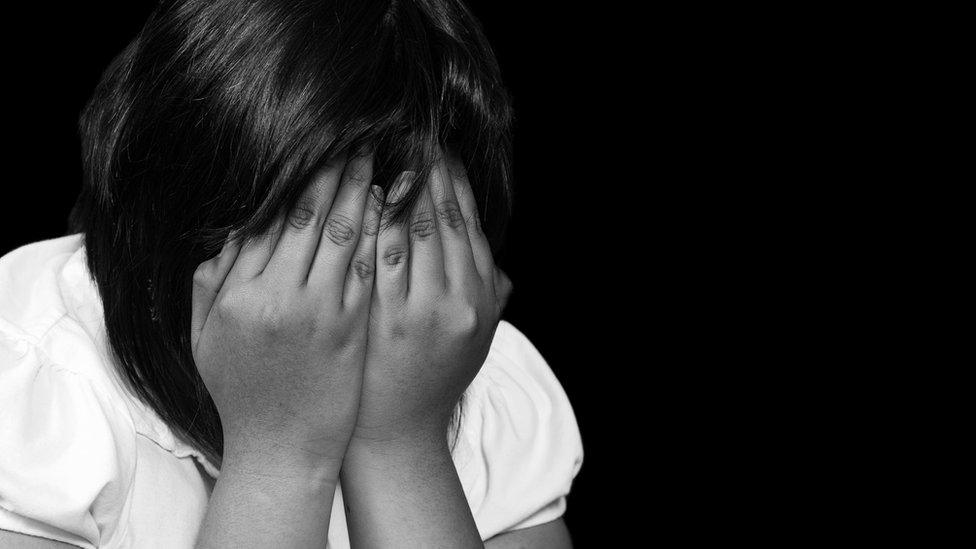
Since July last year the state of Victoria in Australia has had similar legislation scrapping the time limit for child abuse cases to be heard.
It has maintained a significant difference in the law there which means courts retain the power to summarily dismiss proceedings where the lapse of time has such a burdensome effect on the defendant that a fair trial is not possible.
Steven Troeth, of the Melbourne based law firm Gadens which has represented schools accused of abuse, said that while the law has changed the climate surrounding such cases, it has not so far resulted in more of them.
"I certainly wouldn't suggest there's been a flood of cases," he said.
"It probably has changed the climate in the sense that an organisation either resolves the claim or ends up in court without the ability to put a stop on it because of the limitation period.
"There is still the ability of a court to dismiss a claim if it's found to be burdensome on the defendant because of the lapse of time to the extent that it's so serious that a fair trial is not possible."
Back in Scotland the financial implications for councils and other organisations are significant, but so is the pressure and stress for anyone going down the legal route, especially when it means dragging up issues from the past.
Justice can come in the form of a verdict, but it can also come through acknowledgement and a demonstration that the victim or survivor is finally believed.
In Ireland, because of an impossible number of cases for the courts to process, the Residential Institutions Redress Board has existed since 2002 to make non-fault awards in that spirit.
A missed opportunity?
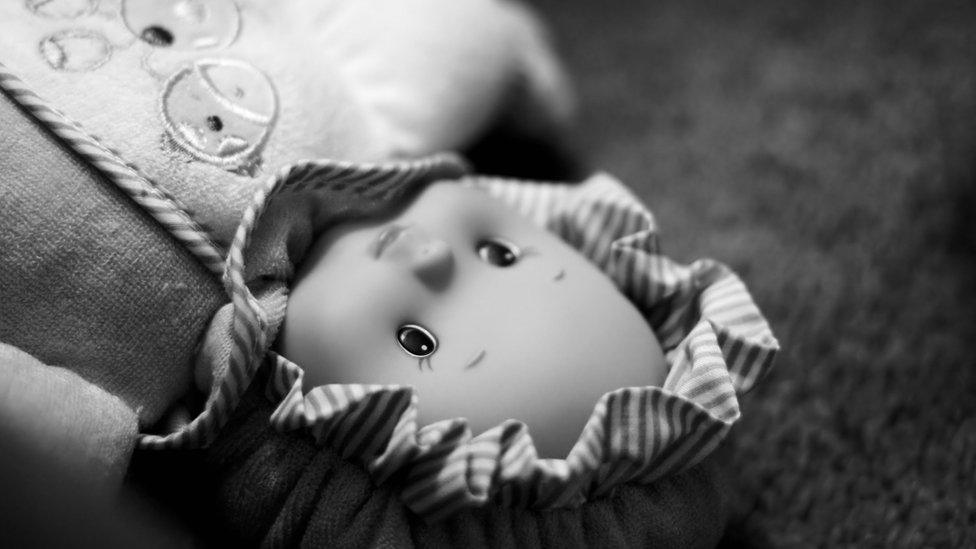
The Falkirk based In Care Survivors Service welcomes the lifting of the time bar but Janine Rennie says we might have missed an opportunity to offer resolution along Irish lines.
"I really feel the Irish model is one that we should be following," she said. "People should access acknowledgement and accountability.
"Acknowledgement that the abuse actually happened but also a reasonable level of compensation so survivors don't have to go through a court process.
"I think it's appalling that we are going to make people go through a court process to achieve justice.
"Acknowledgement is the most important thing of all. Survivors tell us time and time again we still feel we've not been believed."
When the Scottish legislation comes into force it will allow civil courts to hear allegations of abuse going back more than fifty years.
But while the potential for justice will finally be offered through the civil courts, accused institutions and their insurers might well tend to circle the wagons to block any claim rather than offer any compromise or admission of liability.
Being believed could carry a price tag of being able to endure a stressful and painful court case.
Whether it's a price worth paying is a question people like Yvonne can only answer themselves.
"I don't know," she said. "I think it's because I still feel ashamed and how the courts might treat me.
"I've been ashamed all my life.
"I know I didn't deserve what happened to me, and neither did any other child, but I would have to think really really hard about it... definitely."
- Published6 September 2016
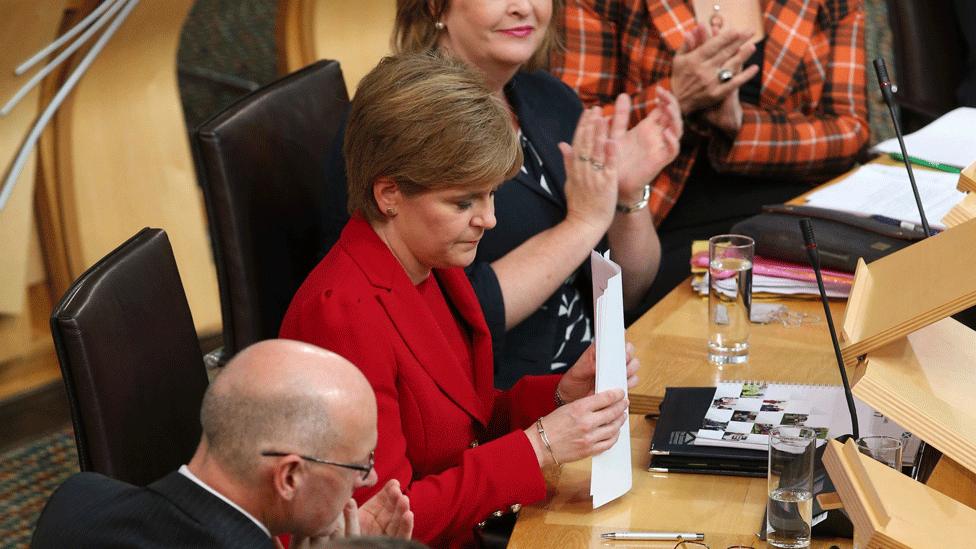
- Published27 July 2016
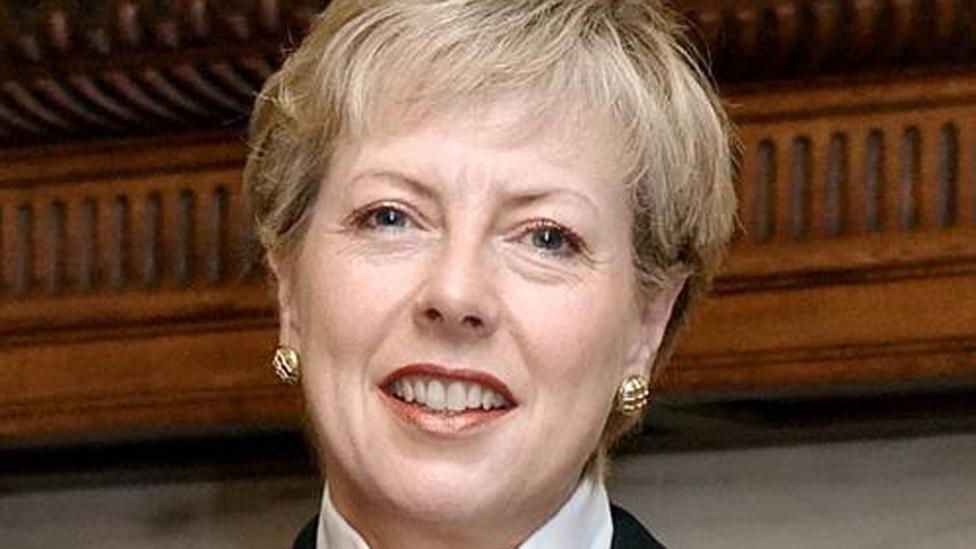
- Published4 July 2016
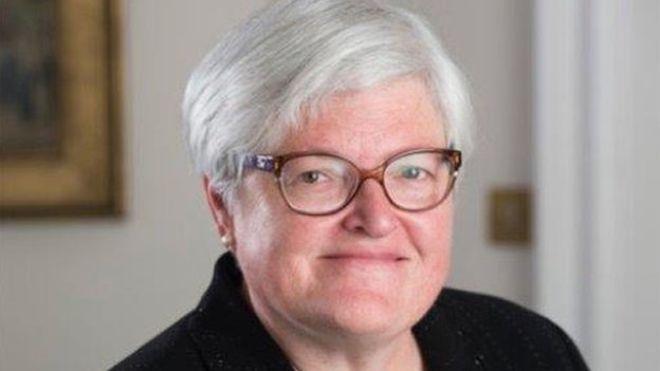
- Published28 June 2016
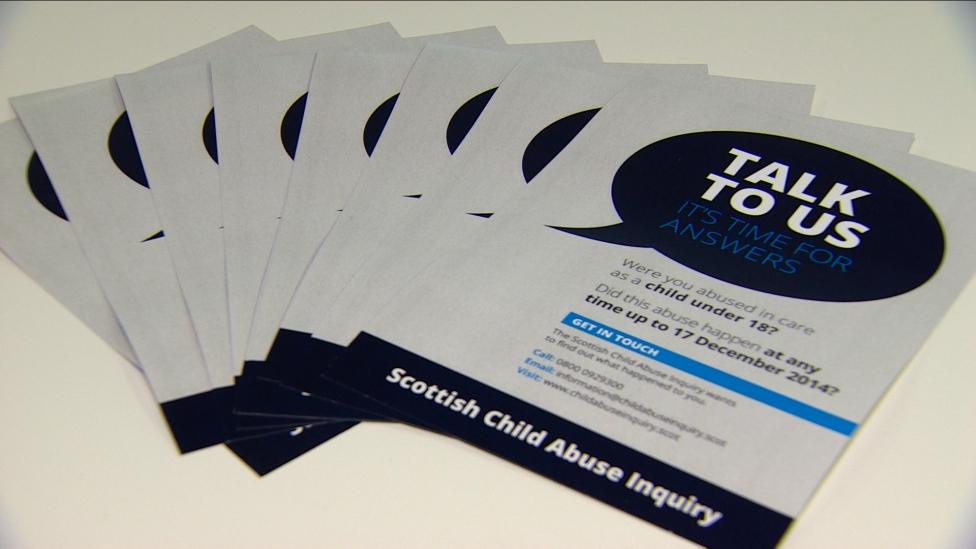
- Published23 March 2016
